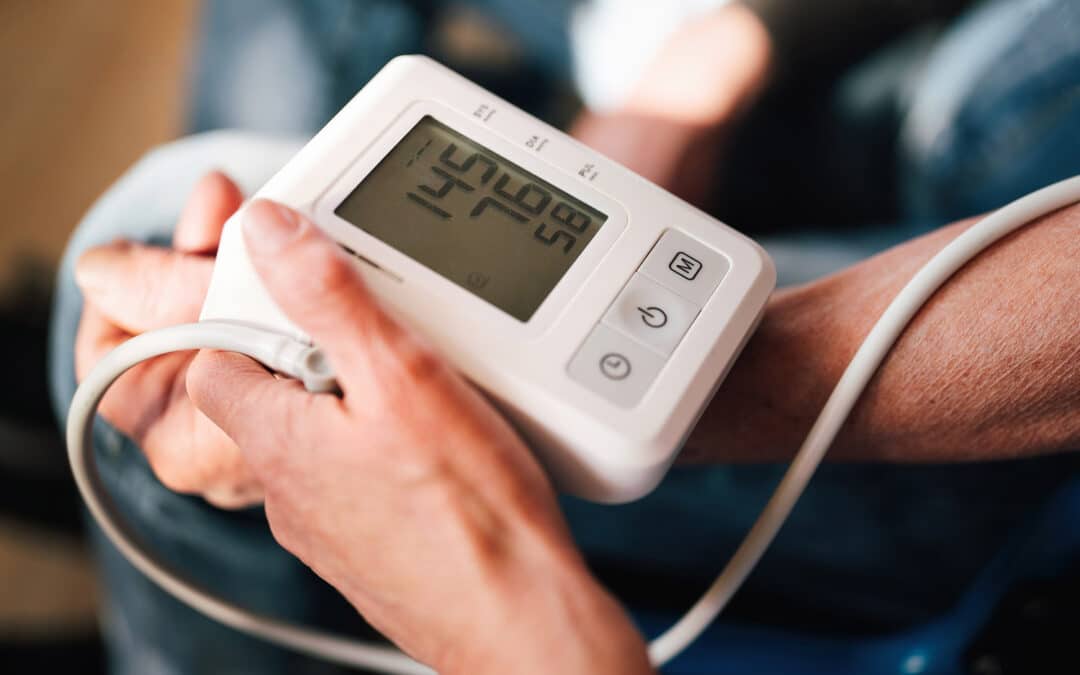Heart disease manifests in various forms, among which arteriosclerosis is notably prevalent. Vital Heart & Vein is committed to educating our patients about heart health, including the complexities of arteriosclerosis. This condition, characterized by the hardening and thickening of the arteries, can be attributed to several factors, such as high cholesterol, hypertension, diabetes, and genetic predispositions.
What Is Arteriosclerosis?
Arteriosclerosis is a broad term encompassing several conditions involving the arterial walls’ thickening, hardening, and loss of elasticity. This process can lead to reduced blood flow, significantly affecting the functioning of the organs and tissues throughout the body.
There are three main types of arteriosclerosis:
Atherosclerosis:
This is the most common type, characterized by forming fatty material plaques on the arteries’ inner walls. Atherosclerosis can cause serious issues such as coronary artery disease, heart attacks, strokes, and peripheral arterial disease.
Mönckeberg medial calcific sclerosis:
This condition involves calcifying the muscular middle layers of the arteries, primarily in the extremities. It does not typically obstruct blood flow, but it can contribute to arterial stiffness and increased blood pressure.
Arteriolosclerosis:
This affects the smaller arterioles and is commonly seen in people with high blood pressure and diabetes. The arterioles become thickened, which can interfere with blood flow to various organs, leading to conditions such as kidney failure.
How Arteriosclerosis Can Impact You
Below is a look at how Arteriosclerosis can impact your life.
Coronary Artery Disease (CAD)
Arteriosclerosis often leads to coronary artery disease, where plaque buildup narrows the arteries, diminishing blood flow to the heart. This can lead to symptoms such as chest tightness, discomfort in the arm, or shortness of breath. In severe cases, it may result in a heart attack, which is why rapid treatment is crucial. CAD is the leading cause of death in the United States, with interventions like Percutaneous Coronary Intervention (PCI)—which includes balloon angioplasty and stenting—being highly effective, boasting over a 95% success rate.
Peripheral Artery Disease (PAD)
Arteriosclerosis can affect peripheral arteries beyond the heart itself. PAD typically affects the legs, causing pain during walking. At the same time, carotid artery disease, which impacts the arteries supplying blood to the brain and head, might manifest through symptoms like temporary loss of vision, dizziness, or severe headaches. These conditions stress the importance of preventive measures and similarly utilize revascularization techniques for treatment.
Aortic Aneurysm
A more discrete yet severe manifestation of arteriosclerosis is the aortic aneurysm, characterized by an abnormal enlargement of the aorta, which, if ruptured, can be fatal. While often detected through routine screenings, symptoms might include abdominal or back discomfort. Treatment primarily revolves around managing blood pressure and may involve vascular stenting or surgery to prevent aneurysm rupture.
Prevention and Lifestyle Adjustments for Arteriosclerosis
Managing and preventing arteriosclerosis largely hinges on lifestyle changes and adjustments. Adopting a heart-healthy lifestyle can slow down or even prevent the development of fatty deposits in the arteries. Here are some key lifestyle adjustments and preventive measures that can help:
Healthy Diet Choices:
- Reduce Saturated Fats and Trans Fats: Lowering the intake of these fats can help decrease cholesterol levels, thereby reducing plaque formation in the arteries.
- Increase Intake of Fruits, Vegetables, and Whole Grains: These foods are rich in nutrients, fiber, and antioxidants that help protect the arteries.
- Limit Salt Intake: High salt intake is associated with high blood pressure, a risk factor for arteriosclerosis.
- Incorporate Healthy Fats: Including more omega-3 fatty acids found in fish like salmon and mackerel can improve heart health by lowering triglycerides and reducing inflammation.
Regular Physical Activity:
- Engaging in moderate-intensity aerobic activity for at least 150 minutes per week or vigorous-intensity aerobic activity for 75 minutes per week is beneficial.
- Regular exercise helps improve circulation, manage weight, reduce inflammation, and strengthen the heart muscle.
Maintain a Healthy Weight:
- Being overweight or obese increases the stress on the heart and arteries, contributing to the development of arteriosclerosis.
- Achieving and maintaining a healthy weight through diet and exercise can significantly reduce this risk.
Quit Smoking:
Tobacco smoke contains chemicals that can damage blood vessels, leading to arteriosclerosis. Quitting smoking is one of the most effective lifestyle changes for preventing arteriosclerosis and improving overall heart health.
Manage Stress:
- Chronic stress is associated with higher heart rates and blood pressure, which can damage the arteries over time.
Monitor and Manage Blood Pressure:
High blood pressure can cause the artery walls to thicken and narrow. Regular monitoring and appropriate medications can help manage blood pressure effectively.
Control Diabetes:
High blood sugar from diabetes can accelerate atherosclerosis. Maintaining blood sugar levels within the recommended range is crucial for people with diabetes.
Routine Health Screenings:
Regular check-ups can help detect and manage risk factors, such as high cholesterol and blood pressure, and other potential signs of arteriosclerosis early on.
These lifestyle changes help prevent arteriosclerosis and improve overall health, enhancing the quality of life. Implementing these can seem challenging, but even incremental changes can have significant health benefits. Patients are encouraged to discuss the best strategies for their health needs with their healthcare providers.
Visit You Houston Area Cardiologist
Vital Heart & Vein emphasizes the importance of early detection and management of arteriosclerosis to prevent complications. Regular check-ups, maintaining a healthy lifestyle, and staying informed about heart health are pivotal. Should you be experiencing any symptoms related to arteriosclerosis or have concerns about your cardiovascular health, consult our experts at Vital Heart & Vein for personalized care and advanced treatment options.
For more information or to schedule an appointment, contact Vital Heart & Vein to access our dedicated team, ready to assist you in leading a healthier, fuller life.




